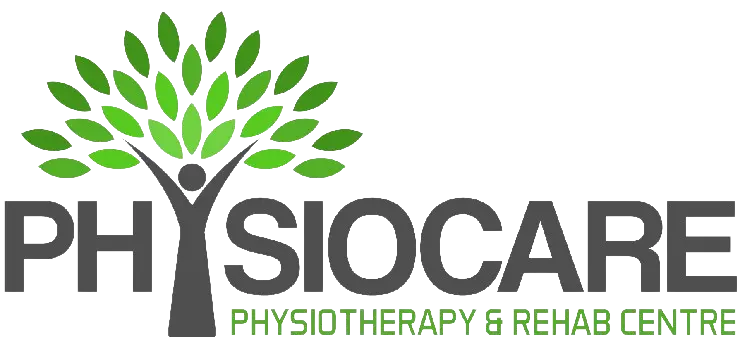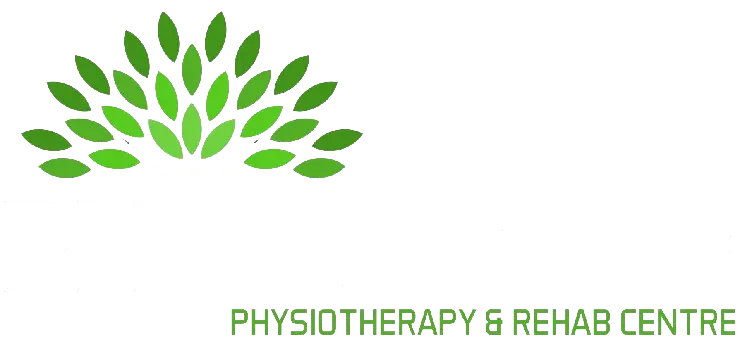
The Importance of Postnatal Physiotherapy: Reclaiming Your Strength After Birth
Bringing a new life into the world is an incredible experience, but it also takes a physical toll on your body. Pregnancy and childbirth affect nearly every part of your body, making postnatal recovery essential. Pelvic Floor Physiotherapy Services in Ottawa can play a crucial role in helping new moms regain strength, improve mobility, and enhance overall well-being after birth.
Let’s take a closer look at what postnatal physiotherapy is, why it’s beneficial, and how it can help you heal and thrive as a new mom.
What Is Postnatal Physiotherapy?
Postnatal physiotherapy is a specialized form of physical therapy designed to support women during their recovery after childbirth. It focuses on restoring physical function and addressing the common challenges that women face after giving birth. The therapy often includes exercises to strengthen the pelvic floor, improve posture, correct abdominal muscle separation, and relieve pain or tension caused by the strains of pregnancy and labor.
Why Postnatal Physiotherapy Matters
Your body goes through an enormous amount of change during pregnancy and childbirth. These changes can leave you feeling sore, weak, and overwhelmed by the demands of caring for a newborn. Postnatal physiotherapy can help address some of the most common postpartum issues, allowing you to heal, regain strength, and enjoy your new role as a mom with greater ease.
Key Benefits of Postnatal Physiotherapy
- Pelvic Floor Recovery
During pregnancy and delivery, the pelvic floor muscles can become stretched and weakened. Pelvic floor physiotherapy focuses on restoring the strength and function of these muscles, which helps prevent issues like urinary incontinence, pelvic organ prolapse, and pelvic pain. Rebuilding pelvic floor strength also plays an important role in supporting your recovery and preventing complications down the line. - Core Strength and Diastasis Recti
One of the most common postnatal issues is a separation of the abdominal muscles (diastasis recti). During pregnancy, the growing uterus can cause these muscles to stretch apart, and after birth, it can be difficult to fully regain your core strength. Postnatal physiotherapists can help assess the extent of the separation and guide you through exercises to close the gap, strengthen your abdominal muscles, and restore functional movement. - Posture and Back Pain Relief
Pregnancy and nursing can place a strain on your posture and back. Many women experience back pain, shoulder tension, or neck discomfort after childbirth due to the changes in posture during pregnancy or while breastfeeding. Postnatal physiotherapists can offer targeted treatments to alleviate pain, correct posture, and teach you how to move in ways that prevent further discomfort. - Improved Mobility and Flexibility
Childbirth can impact your joints and muscles, making it hard to move with ease. Postnatal physiotherapy includes exercises to improve flexibility and mobility, particularly in the hips, pelvis, and lower back. Restoring full movement is essential for day-to-day activities, especially when caring for a newborn. - Mental Well-Being and Confidence
Physical recovery is closely tied to emotional well-being. Feeling physically strong and capable again can significantly boost your confidence and mental health. Postnatal physiotherapy not only supports your body but also your emotional recovery, helping you feel more in control of your physical health and your journey as a new mom.
When Should You Start Postnatal Physiotherapy?
It’s generally recommended to wait until at least six weeks postpartum before starting physiotherapy, but this can vary depending on your individual recovery and delivery type. If you had a cesarean section, you may need to wait a bit longer for healing before starting physical therapy. However, if you’re experiencing significant pain, discomfort, or pelvic floor issues, it’s never too early to consult with a physiotherapist.
A postnatal physiotherapist will assess your condition, discuss your symptoms, and create a personalized plan tailored to your needs. They will guide you through safe exercises to gently restore strength and function.
What to Expect in a Postnatal Physiotherapy Session
A typical postnatal physiotherapy session will include:
- Assessment: The therapist will evaluate your posture, pelvic floor strength, abdominal muscles, and any pain or discomfort you may be experiencing.
- Pelvic Floor Exercises: These exercises focus on strengthening and relaxing the muscles of the pelvic floor.
- Core Strengthening Exercises: Special attention is given to restoring the strength and function of your core muscles and addressing issues like diastasis recti.
- Posture Correction: The therapist will guide you through exercises to correct any postural imbalances caused by pregnancy and nursing.
- Pain Relief Techniques: If you’re experiencing muscle tightness, back pain, or joint discomfort, your therapist will use manual techniques to alleviate tension and improve mobility.
In addition to hands-on therapy, the physiotherapist will likely give you exercises to practice at home, ensuring that you’re continuing to strengthen and heal between sessions.
Final Thoughts
Postnatal physiotherapy is an incredibly valuable resource for new moms as they navigate the recovery process after childbirth. Whether you’re dealing with pelvic floor dysfunction, abdominal muscle separation, back pain, or simply want to regain strength and mobility, physiotherapy can help you recover in a safe and effective way.
Taking the time to focus on your physical health after childbirth isn’t just about healing—it’s about feeling empowered and strong as you take on the incredible role of motherhood. So, if you’re experiencing discomfort, or just want to give your body the support it needs to thrive, consider reaching out to a postnatal physiotherapist and start your journey to recovery today.

Prateeksha Viradiya
Certified in Pelvic Floor, Acupuncture, Certified ROST Therapist | RAPID Treatment Specialist at Physiocare Physiotherapy and Rehab Centre
View Full Bio
Subscribe To Our Newsletter
Your health is our priority, and we’re committed to partnering with you to achieve your optimal wellness.

